1 fruit vinegar
One day, when Huahua opened the refrigerator, she found a bottle of fruit vinegar that had been opened for more than a month. It was a waste to throw it away directly, so Huahua had a whim. Since fruit vinegar is also acetic acid, can you water the flowers< span>
Usage:
1. If you want to water the flowers with fruit vinegar, you must first dilute it with 1:2000 water. Because fruit vinegar is an acidic drink made of various fruits after fermentation. If you water the flowers without adding water, it is easy to burn the roots directly
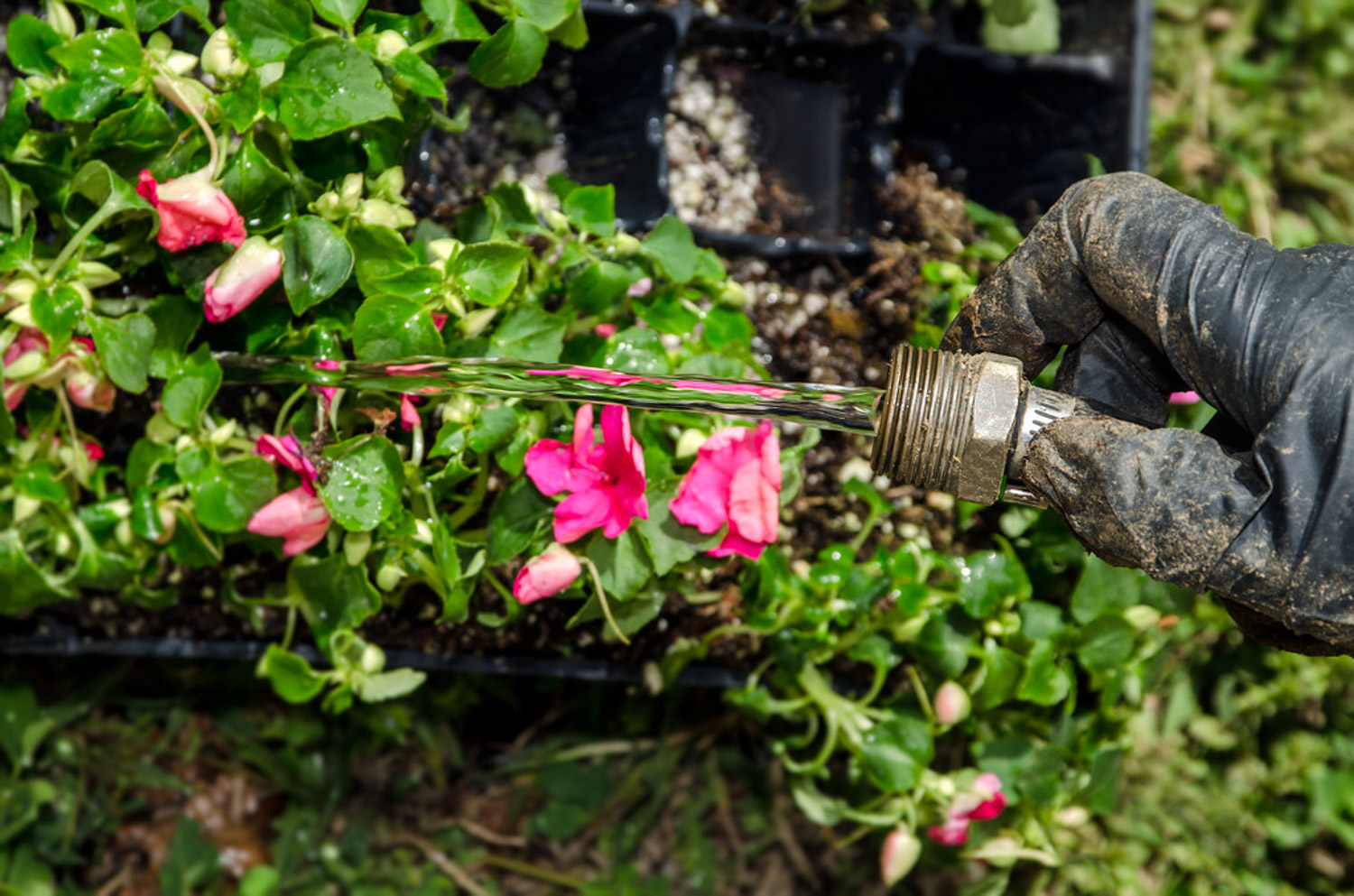
2. The diluted fruit vinegar solution can be watered directly. This acidic water can effectively improve the alkaline condition of soil, and has a good effect on acid loving flowers such as jasmine, gardenia, Rhododendron and Milan
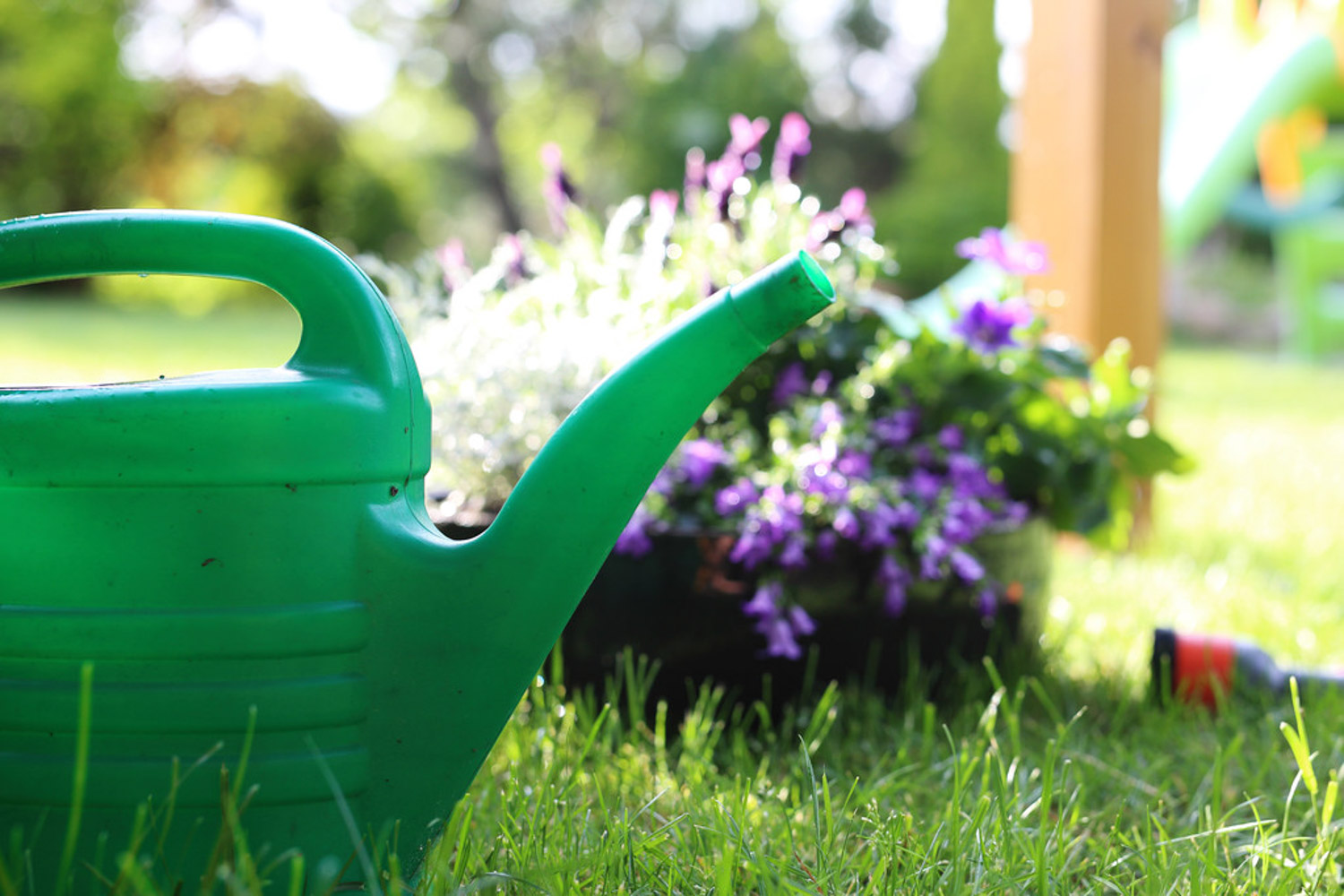
(author: Hu Baijiang source: Cuckoo bar)
2 fruit enzyme
In recent years, fruit enzyme has been more and more liked by many people. It not only has high nutritional value, but also improves the digestive capacity of the intestine and contributes to good health. It's also great to water the flowers with fruit enzymes! And this fruit enzyme can be made at home without spending money
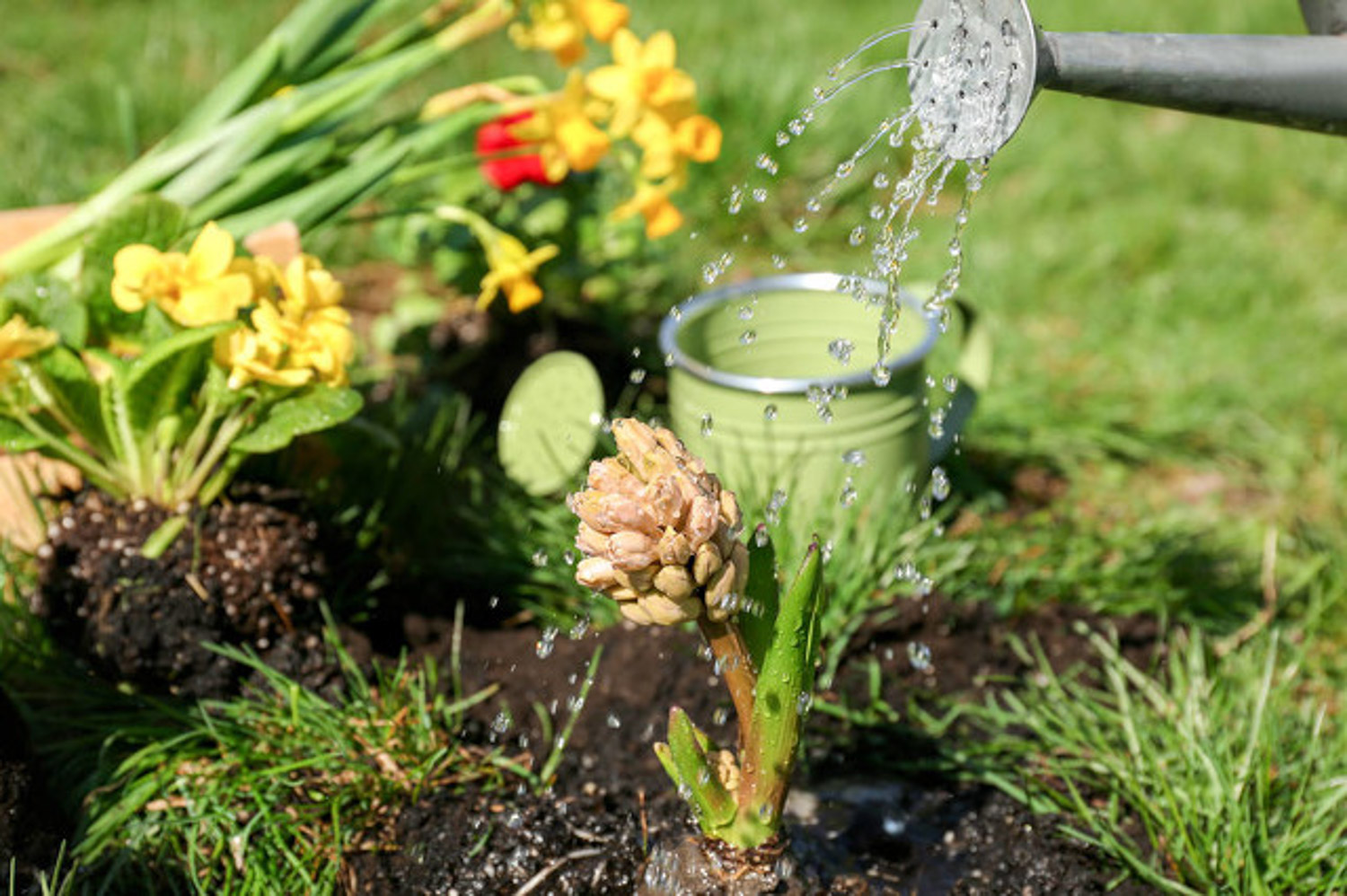
Usage:
1. If you want to make your own enzymes, the first thing you need is fruit, brown sugar and water< span>
2. The best golden ratio of enzyme is brown sugar, fruit and water, which are 1:3:10 respectively. According to the corresponding ratio, they are all sealed in plastic bottles for fermentation. The temperature is high in summer, so it can be put under the sun to accelerate fermentation. It is easy to produce gas during fermentation. You can pierce a few holes in the bottle for ventilation
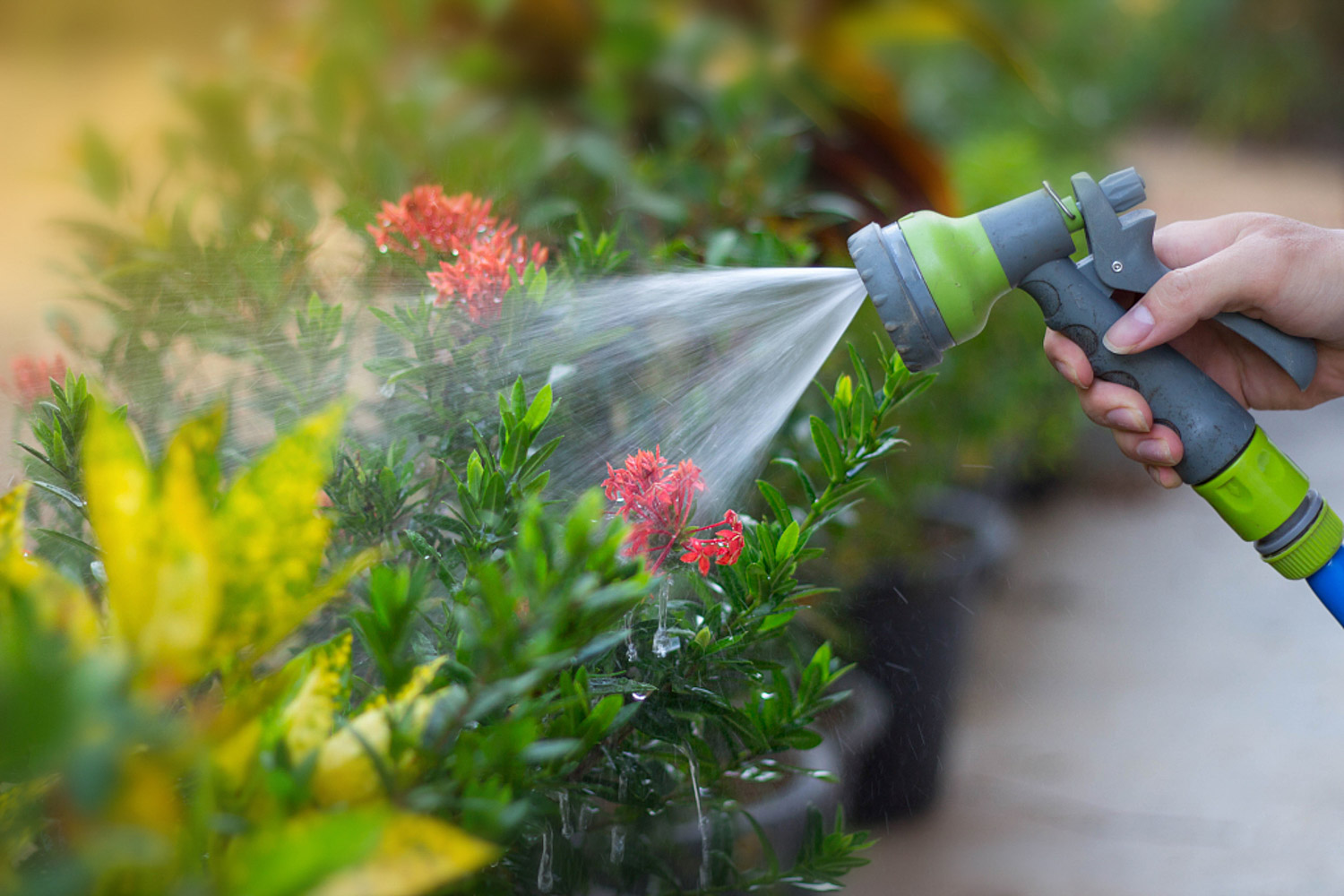
3. In about 2-3 months, the enzyme can be retted successfully. Flower friends can mix water in the ratio of 1:500 and water the flowers directly. The effect is very good< span>
(author: Guangyuan hydropower Ceramics Co., Ltd. source: HuaBa)
3 expired milk
Huahua drinks milk every day, so there is a lot of stock in the refrigerator, but it is easy to deteriorate after a long time. For expired milk, Huahua is basically used to water the flowers. Because there is a lot of protein in milk, the nutrition after fermentation can be absorbed by flowers< span>
1. If the expired milk has a sour smell, you can dilute it in the ratio of 1:50, dig a shallow ditch at the edge of the flowerpot, pour the diluted milk in and bury it in the soil, so that there will be no odor, but be careful not to let the milk directly contact the root system, otherwise it is easy to burn the root
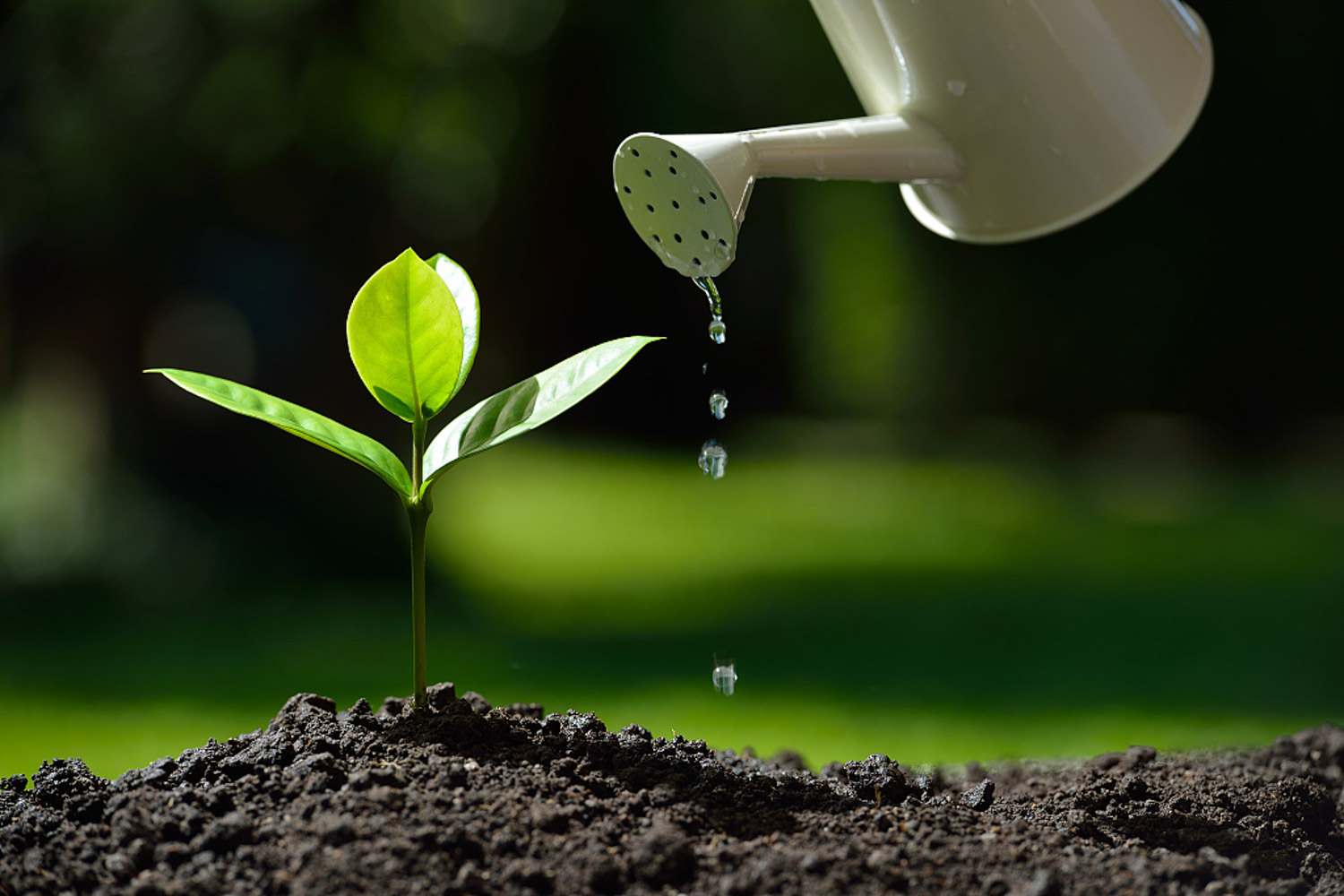
2. You can pour the expired milk into a large bottle, cover it and seal it. After a period of time, open it for ventilation. After about 1-2 months, the milk can be completely fermented. At this time, water the flowers directly according to the ratio of 1:50, so you don't worry about the root burning of the flowers
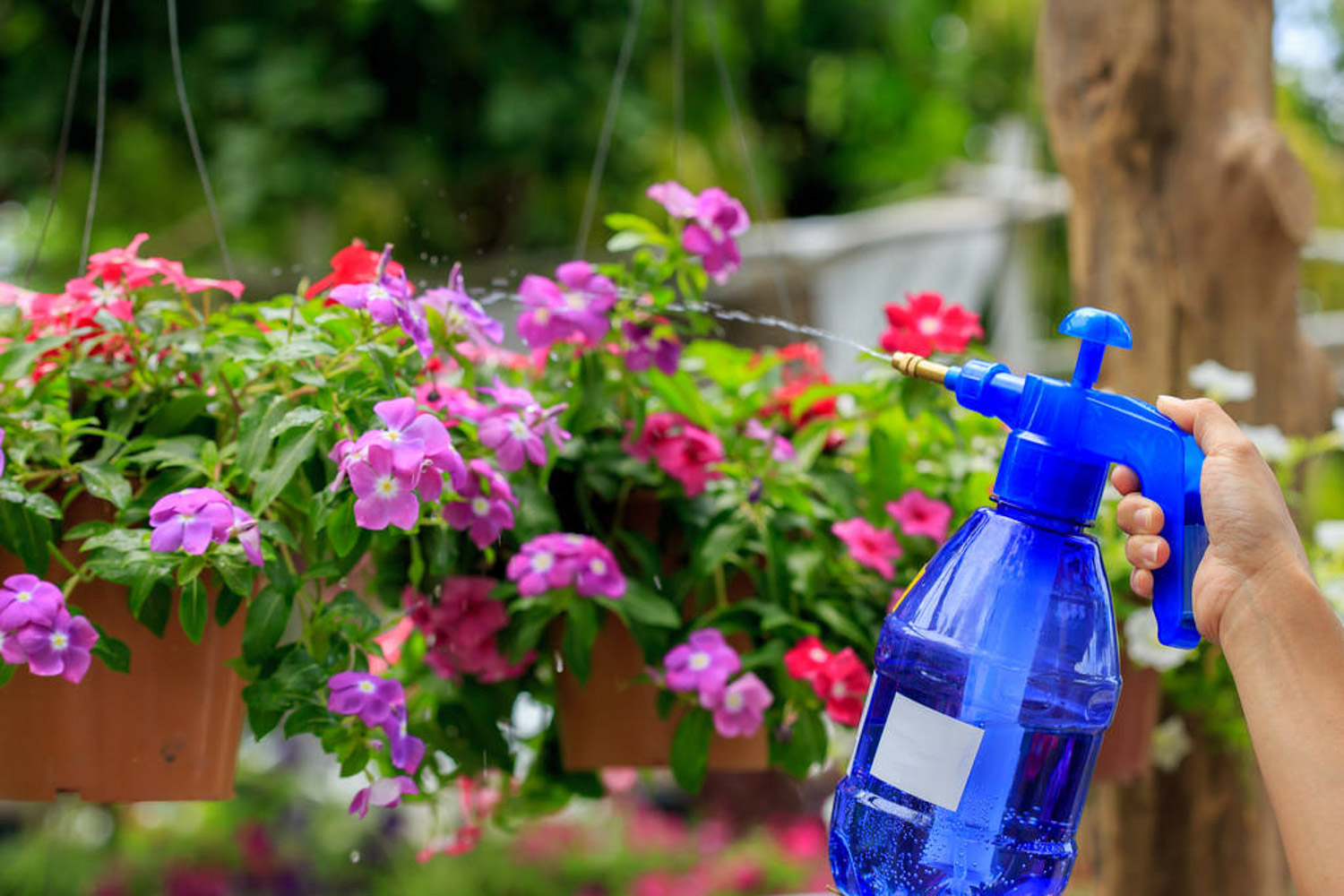
4 yogurt
Many flower friends know that the shelf life of yogurt is very short, especially in hot summer, which is very easy to expire. In fact, expired yogurt, like milk, can be used to water flowers< span>
Usage:
1. Deterioration or drinking the remaining yogurt can't be watered directly. It can only be used after full ripening. Otherwise, it can be poured directly into the flowerpot, which is particularly easy to attract insects

2. You can collect yogurt into a bottle, add some rice washing water, and expose it to the sun. It will ferment successfully in about 1-2 months. When watering flowers, you can mix water in the proportion of 1:20< span>
(author: rising sun in the daytime, China source: Flower bar)
5 beer
as you all know, Huahua lives in Qingdao, where beer is produced. It's convenient and affordable to buy 1 kg at a roadside stall after work and take it home to raise flowers

Usage:
1. As long as it is foliage flowers, such as green pineapple, Clivia, turtle backed bamboo, etc., you can wipe the leaves with beer. Mix the bought beer or expired beer with water in the ratio of 1:50, then dip the beer with a soft cloth, gently wipe the leaves, and wipe both sides. The wiped flowers and leaves can absorb the nutrients in beer and make the leaves greener

2. In addition to wiping the leaves, you can mix beer and water, put them in a watering can and spray them on the leaves. For those flowers with small leaves, such as Chlorophytum and geranium, you can also spray leaf fertilizer

3. The last method is known as watering flowers. After mixing the beer left by wiping or spraying the leaves in the ratio of 1:50, pour it directly into the flowerpot to make the flowers grow more prosperous. But the time should not be too short. You can use it about once a week


 how many times do yo...
how many times do yo... how many planted tre...
how many planted tre... how many pine trees ...
how many pine trees ... how many pecan trees...
how many pecan trees... how many plants comp...
how many plants comp... how many plants can ...
how many plants can ... how many plants and ...
how many plants and ... how many pepper plan...
how many pepper plan...



























